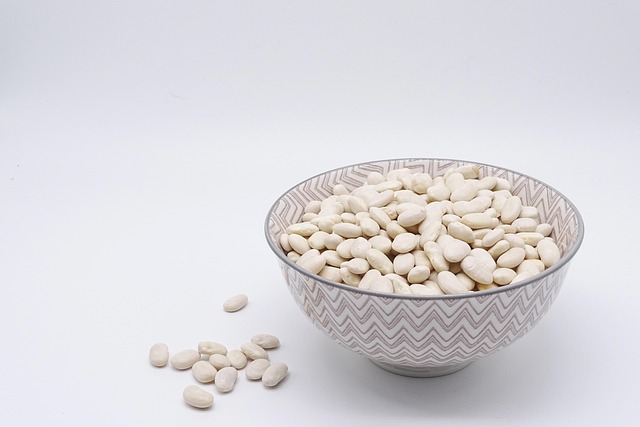Inflammation is a term that often carries a heavy weight; it resonates with discomfort, pain, and various health issues. It can arise from numerous factors including diet, lifestyle, and environmental influences. Many of us have felt the nagging presence of inflammation, whether it’s in the form of joint pain, digestive issues, or even skin irritations. Fortunately, there is a silver lining: by adopting a healthy nutrition plan and lifestyle choices, we can combat inflammation and reclaim our well-being.
The journey toward decreasing inflammation begins with understanding the power of what we put on our plates. Whole, unprocessed foods are our best weapons. Incorporating vibrant fruits and vegetables into our diet not only adds color but also provides abundant antioxidants. These compounds help fight oxidative stress and reduce the inflammatory response in our bodies. Foods rich in omega-3 fatty acids, such as fatty fish, chia seeds, and walnuts, are particularly effective in lowering inflammation levels. They engage in a friendly battle against pro-inflammatory compounds, promoting healthier outcomes.
It’s not just about what we eat; it’s about what we choose to avoid as well. Processed foods, laden with sugar and unhealthy fats, can act as fuel for inflammation. Eliminating or significantly reducing these items can lead to noticeable improvements in how we feel. Similarly, the consumption of refined carbohydrates can spike blood sugar levels, leading to further inflammation. Instead, opting for whole grains like quinoa and brown rice can provide sustained energy without the inflammatory repercussions.
In addition to nutrition, embracing a healthy lifestyle plays a critical role in managing inflammation. Regular physical activity promotes circulation, reduces stress, and enhances overall physical and mental health. Whether it’s a brisk walk, yoga, or dancing, engaging in movement not only lifts our spirits but also keeps inflammation at bay. Beyond exercise, prioritizing quality sleep is essential. Sleep is the body’s natural repair time, and good rest can help regulate the inflammatory responses, allowing us to wake up refreshed and ready to tackle the day.
Stress can also be a hidden trigger for inflammation. Implementing mindfulness practices such as meditation, deep breathing, or journaling can aid in reducing stress levels significantly. These techniques allow us to reconnect with our bodies, promoting a sense of calm that can lead to decreased inflammation.
Ultimately, the synergy between healthy nutrition and lifestyle choices can help us build resilience against inflammation. Becoming aware of our eating habits and making conscious decisions to incorporate nutrient-dense foods into our lives can create a profound impact. Coupled with physical activity and effective stress management, we can foster an environment within ourselves that thrives in health, vitality, and peace.




